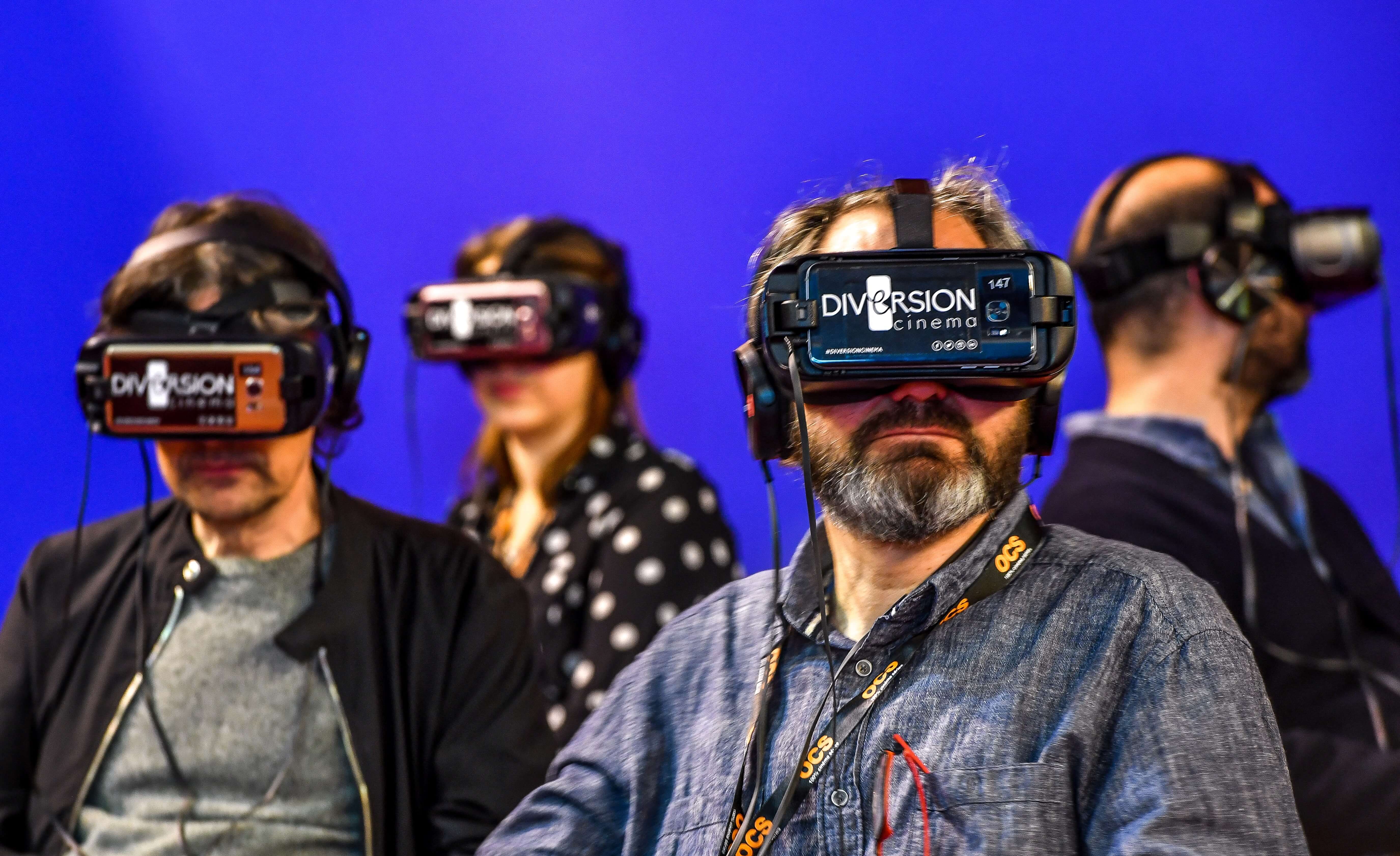
Computer science is among the most lucrative fields of study today. The average starting salary for a computer science graduate is more than US$68,000. Demand for skilled computer scientists is expected to rise in new and emerging fields including artificial intelligence, data science, cloud computing, and analytics — just to name a few.
Having a degree in this field will provide you with a deep understanding of theories and emerging technologies. This knowledge and experience will allow you to develop cutting-edge solutions that address today’s challenges. Here are five concentrations students can choose from when taking on a degree in computer science.
Big Data
The era of Big Data has ushered in a host of exciting opportunities for computer scientists. You will study both advanced computational and analytic tools such as data mining, large-scale optimisation, data analytics, data storage, and data-intensive computing, as well as modern interdisciplinary applications of big data in industries as diverse as healthcare, transportation, energy, and finance.
You will gain key knowledge of appropriate theories, algorithms, and technologies, towards development of analytical systems or models for disparate, complex, and small or large scale datasets. This will prepare you to tackle a wide variety of data-focused scientific, social, and environmental challenges.

Artificial Intelligence is used today by businesses both big and small. Source: Philippe Huguen / AFP
Artificial Intelligence
Artificial Intelligence is a transformative technology that promises tremendous societal and economic benefits. It has the potential to revolutionise how we live, work, learn, discover and communicate.
Courses cover machine learning, intelligent agents, bioinformatics, information security and computational finance, and benefit from access to internationally renowned research centers. All of this will be underpinned by a solid grounding in the fundamentals of computing and all the essentials of application development, from programming to software engineering, databases to web development, computer graphics to robotics.
Mobile Computing
Mobile cloud computing has been recently used to take advantage of today’s prevalent mobile devices, wireless communications as well as the flexibility of cloud computing. Course topics include mobile computing; computer networks; mobile application development; human-computer interaction and database concepts. Graduate programmes require students to complete a research project that focuses on wireless networks and mobile computing. You’ll even get to design a mobile network and run mobile applications successfully.
This concentration also discusses the available cloud computing services and deployment models. It explores recent developments in mobile cloud computing technologies, their benefits, challenges, and applications in selected industries.
Cybersecurity
Cybersecurity is the practice of protecting hardware, software, and data from digital attacks. As the world becomes more connected, cyber attacks are increasingly more frequent and more severe. Cybersecurity professionals are now in high demand; the field consistently deals with a 0% unemployment rate and a serious talent shortage.
A cybersecurity concentration covers fundamentals and advanced knowledge of information security, risk management, situation analysis, data analytics, applied cryptography, cyber ethics and cyber forensics; penetration testing and ethical hacking with hands-on experience to assess risks associated with potential security breaches; and studies attacks on computer systems, network and cloud infrastructure, and learning how to prevent and detect them
Game Development
Computer games are some of the most complex software development projects and employ some of the most advanced technologies of any application area within computer science. The entertainment software sector is a multi-billion dollar industry with increasing demand for new employees trained in these technologies and methods.
Courses cover video games, human-computer interaction, graphics, artificial intelligence, visual arts and visual design, and storytelling. These enable students to develop an understanding of the scientific and technological principles associated with the design and development of computer and console games for both entertainment and more serious applications.










